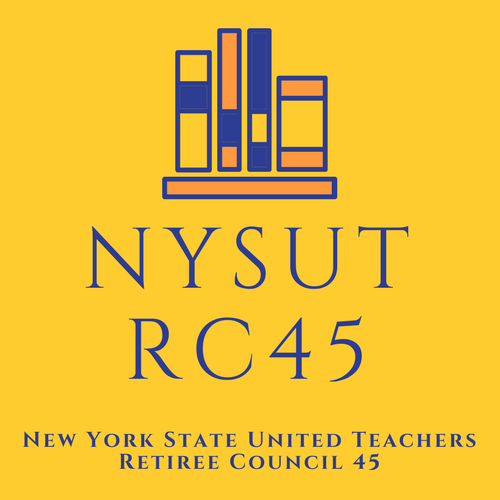On October 8th and 9th, the NYSUT Retiree Contiguous ED 51-53 meeting convened, bringing together delegates to discuss five key resolutions and several other significant issues impacting retirees. One major point of discussion was improving communication regarding resolutions, including a request for clarity when a resolution is rejected. Delegates emphasized the need for transparency, especially concerning Vote-Cope payroll deductions for retirees. Other proposed changes included adding two delegates to each retiree council and further efforts to identify and eliminate discriminatory practices affecting underrepresented communities. The meeting also tackled the ongoing challenge of addressing inequalities in both communities and workplaces.
A highlight was the plan for Retiree Recognition Day and the announcement that, by September 2025, retiree newsletters would transition to digital format. Members will need to opt in to receive printed versions, which will only be distributed annually.
Updates from the State Education Department (SED) and the Blue Ribbon Commission included discussions on the essential skills students will need after high school, and safety concerns were addressed with a focus on the alarming rise in fake bomb threats originating from outside the United States. Further, cell phone restrictions are being enforced from bell to bell, and there’s a push to eliminate 3-8 testing, adopting a “more teaching, less testing” approach to better support student learning.
Delegates also agreed on the principle of “Common Ground over Chaos,” committing to work collaboratively to find constructive solutions. Among the more contentious issues was the 2025 Project, a sweeping 780-page proposal that, if enacted, would grant unprecedented power to the president, outlaw unions, convert civil employees into political employees, and shift Medicare into more expensive Advantage plans. This project would also impose severe restrictions on chronic illness care, cut funding, and threaten other vital services.
Finally, there was discussion on Social Security, clarifying its independent status from the federal budget. It was noted that while undocumented immigrants can contribute to Social Security, they are ineligible to collect benefits. Additionally, 40% of initial disability applications are denied, raising concerns over accessibility. These pressing matters, along with the proposed resolutions, are set to be addressed at the 2025 Representative Assembly (RA) meeting from May 1-3, where delegates will further deliberate on these impactful issues.
Respectfully submitted,
Diana Torta
RC 45 Representative Assembly Delagate

